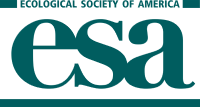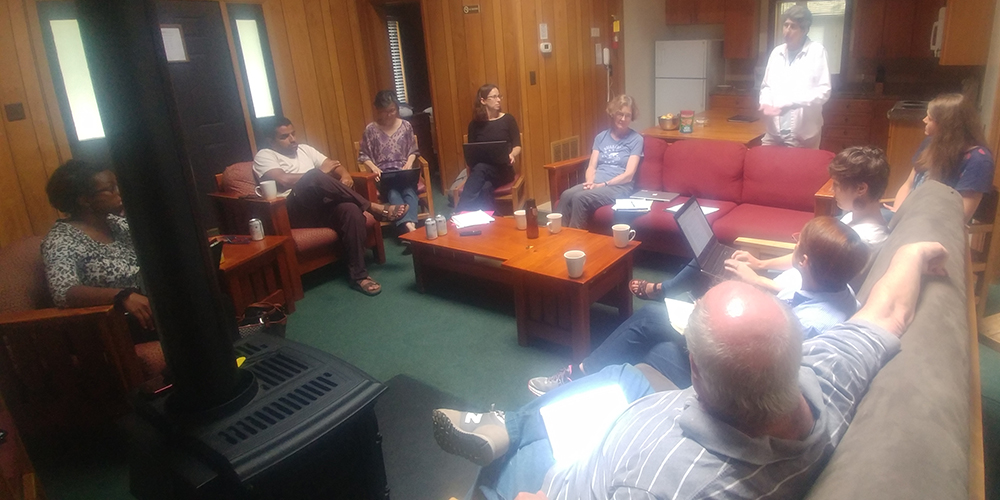ESA continued to take great steps in supporting human diversity in the science of ecology, building on past work, continuing successful programs and introducing new elements meant to guide the Society and its membership to new heights.
The 2018 Annual Meeting included two new program segments that celebrated ESA’s commitment to diversity and the people whose careers in the science inspire so many.
The first Diversity Forum was held on Aug. 8 and drew about 130 participants. The planning committee involved representatives from the Inclusive Ecology Section, Black Ecologists Section, Student Section and Communication and Engagement Section, as well as professionals with diversity program experience.
The ESA Diversity Luncheon on Aug. 9 featured Ariel Lugo, Nyeema Harris and Laura Huenneke, who shared the why and how of their careers. The panel diversity of perspectives, gender, race and ethnicities, career stages and sectors.
Beyond the Annual Meeting, ESA’s Committee on Diversity and Education (CDE) continued its work, which guides the Society on how to best support its membership and the people who conduct the science of ecology. From Sept. 21-23, the CDE convened for its annual retreat, led by new Vice President of Education and Human Resources, Pam Templer. The committee reviewed its 2016-2018 strategic plan and discussed key areas to follow up for the next year.
Action items include:
- Encouraging better integration between science and beyond-science sections (Education, Science Communication, Inclusive Ecology, Black Ecology, TEK, Environmental Justice, etc.) to achieve broader impacts
- Reviewing the Annual Meeting Diversity and Inclusion Travel award criteria, process and promotion
- Reviewing a broad set of ESA data and member input on what members are looking for at Annual Meetings and opportunities outside of the Annual Meetings to inform CDE’s role in supporting our members and the Extending the Tent initiative.
ESA also continued its support for the renowned SEEDS program, which continues to support chapters at institutions across the country and guide young people from underrepresented backgrounds into ecology as an education and career pathway.

